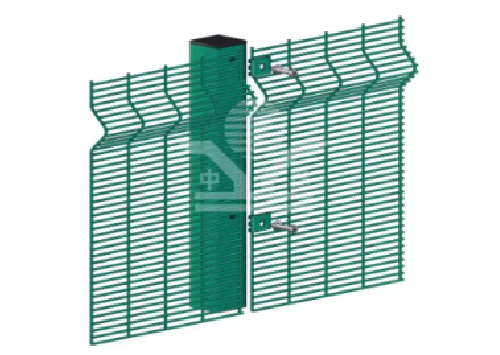

Nov . 14, 2024 23:14 Back to list
How Do You Dispose of Electrical Goods?
Disposing of electrical goods is a critical issue in today's society, where electronic devices have become ubiquitous in our daily lives. From smartphones and laptops to household appliances and gaming consoles, these items not only represent significant financial investments but also pose environmental challenges when they reach the end of their life cycle. Proper disposal of electrical goods is essential for several reasons, including environmental protection, resource conservation, and compliance with local regulations.
Understanding E-Waste
Electrical goods, often referred to as e-waste, include a wide range of products such as televisions, computers, refrigerators, microwaves, and mobile phones. These items contain various materials, some of which can be hazardous to the environment and public health if not handled properly. For instance, old cathode ray tubes (CRTs) in televisions contain lead, while batteries may contain heavy metals such as cadmium or mercury. When e-waste ends up in landfills, these toxic substances can leach into the soil and groundwater, leading to serious environmental and health issues.
Responsible Disposal Methods
1. Recycling Programs Many cities and towns offer specific recycling programs for electronic waste. These programs are designed to safely process and recycle various components of electrical goods, allowing valuable materials such as metals and plastics to be recovered and reused. To find a local recycling program, you can check with municipal waste management authorities or search online for certified e-waste recyclers.

2. Manufacturer Take-Back Some manufacturers and retailers have initiated take-back programs, allowing consumers to return their old devices for proper recycling. Brands like Apple, Best Buy, and Dell provide options for customers to send in or drop off outdated electronics. Not only does this help ensure environmentally responsible disposal, but manufacturers often offer incentives, such as discounts on new purchases, to encourage participation.
3. Donation and Reuse If the electrical goods are still functional, consider donating them to local charities, schools, or community centers. Organizations like Goodwill and the Salvation Army often accept working electronics, which can extend their life cycle and benefit those in need. Ensure that any personal data is securely erased from devices before donating them.
4. Specialized E-Waste Collection Events Communities frequently hold e-waste collection events where residents can safely dispose of their old electronics. These events are usually organized periodically and provide a convenient way for individuals to dispose of unwanted items without harming the environment.
5. Professional E-Waste Disposal Services For businesses or individuals looking to dispose of larger quantities of electronic goods, professional e-waste disposal services can be hired. These companies specialize in the removal and recycling of electronic waste and are equipped to handle hazardous materials responsibly.
Conclusion
In conclusion, the responsible disposal of electrical goods is vital for safeguarding our environment and public health. With the growing volume of e-waste generated each year, it is crucial for individuals and businesses alike to familiarize themselves with the best practices for disposal. By recycling, utilizing manufacturer take-back programs, donating functional items, participating in community events, and hiring professional services, we can collectively reduce the negative impacts of e-waste on our planet. Making conscientious choices about how we dispose of our electronic devices is not only an act of environmental stewardship but also a step toward a more sustainable future.
Latest news
Troubleshooting Common Eddy Separator Problems
NewsJul.04,2025
The Role of Metal Recycling Plants in Circular Economy
NewsJul.04,2025
The Impact of Recycling Line Pickers on Waste Management Costs
NewsJul.04,2025
Safety Features Every Metal Shredder Should Have
NewsJul.04,2025
How Industrial Shredders Improve Waste Management Systems
NewsJul.04,2025
How Cable Granulators Contribute to Sustainable Recycling
NewsJul.04,2025